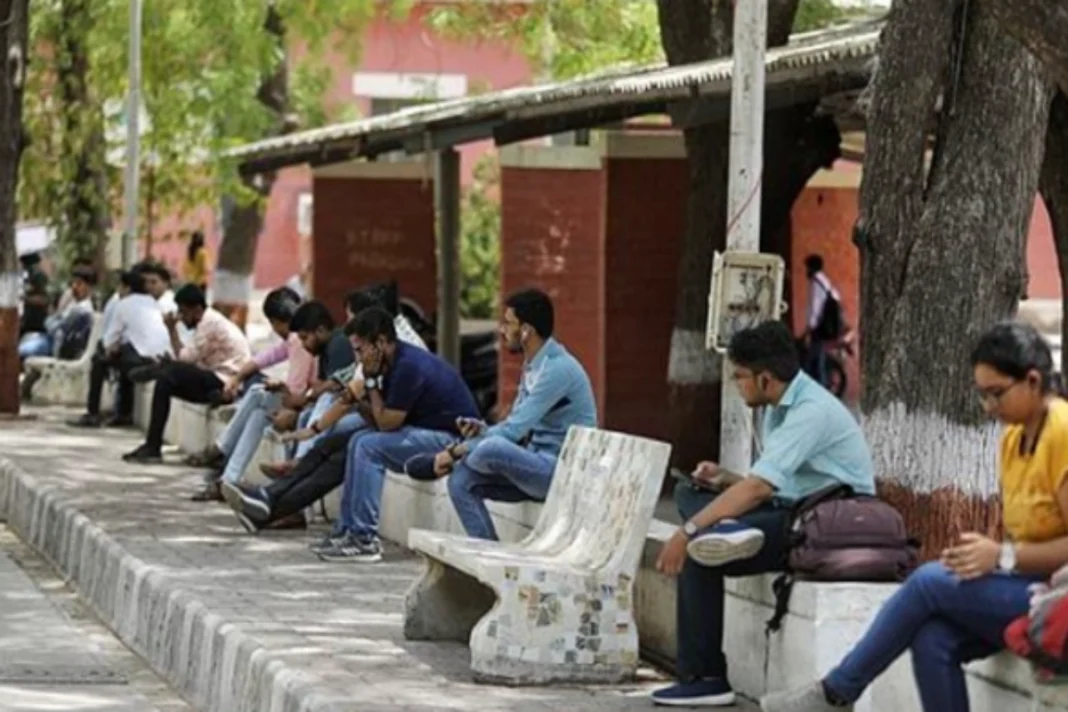SC ST Dropout IIT: According to information presented in the Lok Sabha on Monday, over 13,600 students from reserved categories have dropped out of central universities, Indian Institutes of Technology (IITs), and Indian Institutes of Management (IIMs) over the past five years.
Data on Student Dropouts in Central Universities
Union Minister of State for Education Subhas Sarkar gave the figures in a written response to a question posed by BSP member Ritesh Pandey in the Lok Sabha. With respect to Central Universities (CUs), Sarkar reported that during the previous five years, 4,596 OBC, 2,424 SC, and 2,622 ST students had dropped out of school.
DON'T MISS
Enrollment Trends in IITs
2,066 OBC, 1,068 SC, and 408 ST students chose not to enrol in IITs, whereas the corresponding numbers for OBC, SC, and ST students at IIMs were 163, 188, and 91, respectively. At Indian Institutes of Technology (IITs), Indian Institutes of Management (IIMs), and central universities, more than 13,600 students from reserved categories dropped out of school.
Student Migration in Higher Education
” In the higher education sector, students have multiple options, and they choose to migrate across institutions and from one course/programme to another in the same institution,” says Sarkar. “The migration/withdrawal, if any, is mainly on account of securing seats for the students in other departments or institutions of their choice or on any personal ground,” he elaborates.
Government’s Focus on NLUs
The minister explained that National Law Universities (NLUs) are state universities because they were established by acts passed by the corresponding state legislatures. “No such data on dropout students of NLUs is maintained by the central government,” he adds, as reported by PTI. To further address the question about what steps the government has taken to address the problem, Sarkar added that the government has taken a number of actions, such as cutting fees, creating new institutes, offering scholarships, and giving priority access to national-level scholarships. These programmes are designed to assist students who are pursuing an education but have limited financial resources.
Keep watching our YouTube Channel ‘DNP INDIA’. Also, please subscribe and follow us on FACEBOOK, INSTAGRAM, and TWITTER.



